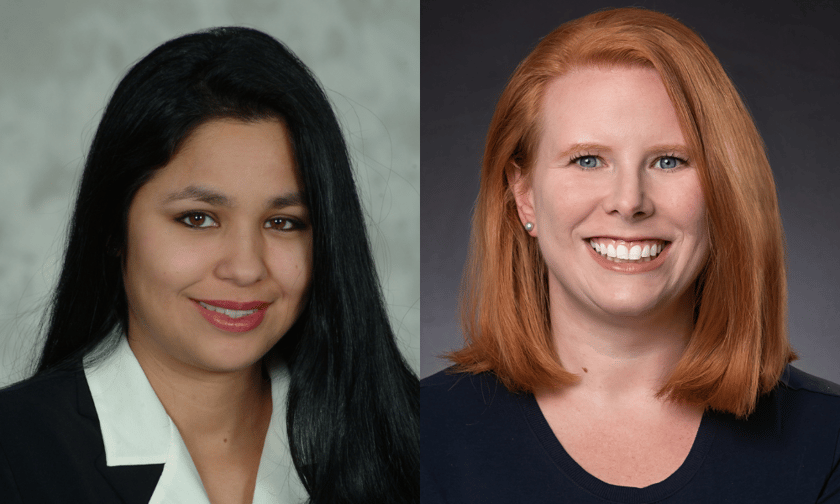

With US auto insurance rates up 11% on average over the past year, auto premiums have been a hot topic in the industry as of late, especially in states like Florida, Louisiana and Texas, where high-risk weather events are making it more expensive for drivers to protect their vehicles.
Reflecting on the significant role of climate disasters, Michel Martinez (pictured left), area vice president, automative practice at Gallagher said, “Whether it’s flooding, hurricanes, tornadoes, or fallen trees from storms, weather is certainly a major contributing factor.”
Beyond these well-known factors, however, a lesser-discussed issue is also impacting auto insurance costs: legal system abuse.
Legal system abuse occurs when policyholders or plaintiff attorneys seek to escalate the costs and time required to settle insurance claims.
According to a report from the Insurance Information Institute (III), tactics include leveraging legal arrangements like Assignment of Benefits (AOB) to force undue payouts in homeowner and auto insurance markets.
Reflecting on these scam-like tactics, Breanne Armstrong (pictured right), director of insurance intelligence at J.D. Power said, “This is causing the overall costs of claims to rise, resulting in premium increases being passed on to insurance customers.”
Legal system abuse tactics are often used by predatory ‘billboard attorneys’— plaintiff lawyers who employ aggressive marketing techniques across highway billboards, TV ads, and social media, promising significant financial rewards for clients.
In states like Louisiana, which have high levels of attorney involvement in personal insurance claims, legal system abuse may cost residents over $1,100 annually, making it the least affordable US state for both auto and homeowners’ insurance.
According to Armstrong, another factor contributing to high auto insurance rates is the lack of regulation surrounding third-party litigation funding (TPLF).
TPLF is a multi-billion-dollar global industry where hedge funds and other financiers invest in lawsuits in exchange for a percentage of any settlement or judgment. The issue? The industry is highly unregulated, increasing opportunities for attorneys to finance litigation using potentially dark money.
Third-party litigation drives up auto insurance costs in two main ways:
With elements of legal system abuse contributing to rising auto insurance rates, J.D. Power’s 2024 US Auto Insurance Study reveals an astonishing consequence: more than half of customers (51%) say they have very little trust in their auto insurer.
Additional findings from J.D. Power’s 2024 Study found that consumer trust is lowest in states like Florida, which has the highest proportion insurer-initiated rate increases. Martinez suspects this may be related not only to the state’s volatile weather patterns but also to its no-fault insurance protocols. In these states, “regardless of who is at fault in an accident, insurance companies are responsible for covering damages.” This system can lead to higher customer premiums, as insurers need to cover the increased risk, and costs associated with frequent claims.
“When someone gets into an accident, even if it’s not their fault, they’re going to call in that claim and report it, and they’re going to get something back,” added Martinez.
While only 15% of respondents in J.D. Power’s Auto Insurance Study indicated high levels of trust for insurers, there is a light at the end of the tunnel.
The study found that when customers do have a high level of trust in their insurer, customer satisfaction and brand advocacy increase considerably, even in the face of rate increases.
According to Martinez and Armstrong, brokers can implement the following strategies to bolster consumer trust and increase brand loyalty even amid an unstable auto insurance market:
“What I’ve come to realize, and we saw a lot of this during COVID, is that insurance customers want to be updated,” shared Martinez. “Even if it’s not the best news, customers don’t want to be surprised about their rates.”
Martinez said: “Helping customers understand their options and the reasons behind different premiums or rates builds their confidence. By explaining the costs associated with each option, you can help customers make informed decisions that suit their needs.”
“By proactively informing clients about UBI options and their potential savings, brokers can demonstrate their commitment to helping clients find the best value, building greater trust and loyalty,” said Armstrong.
